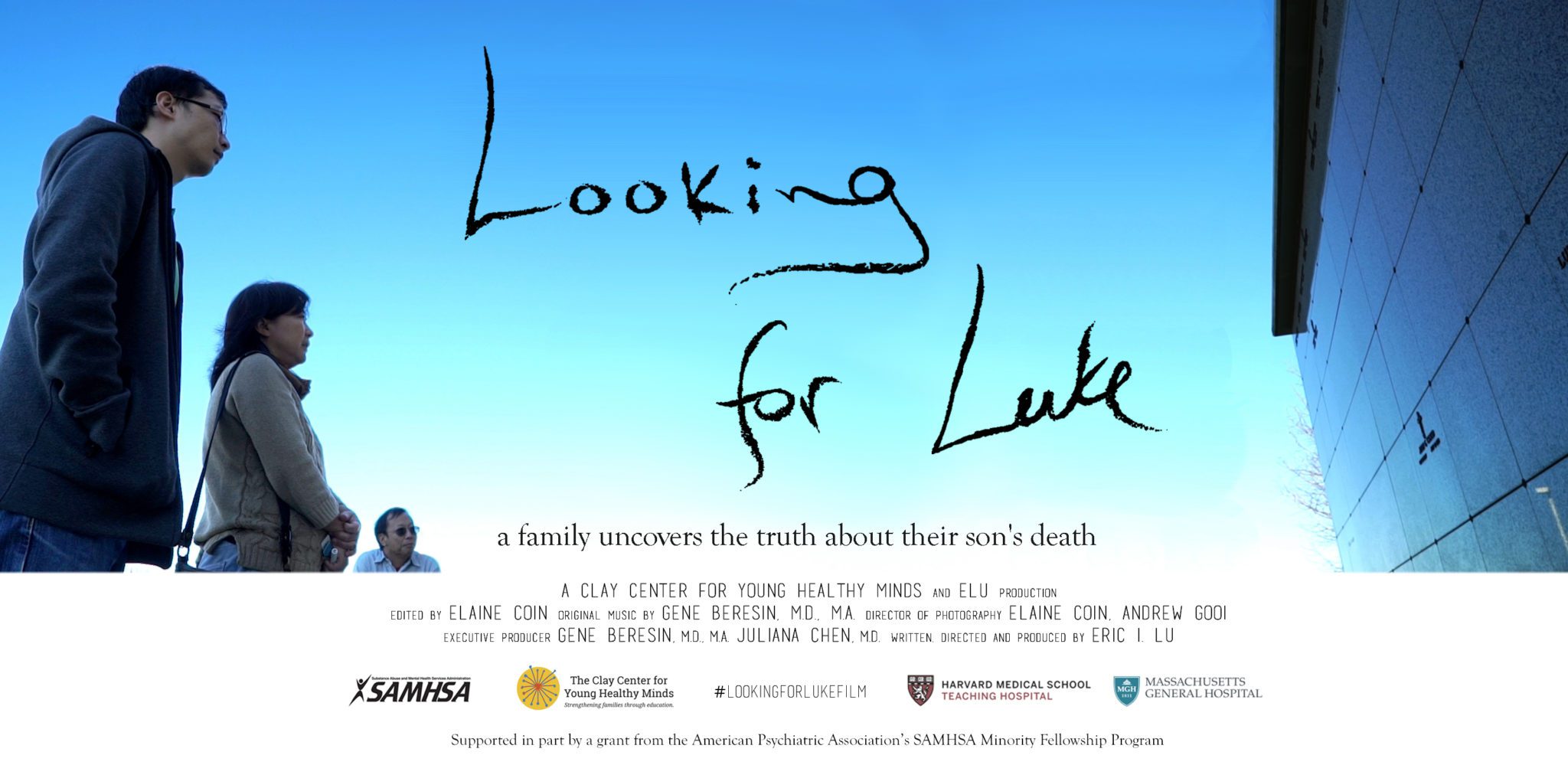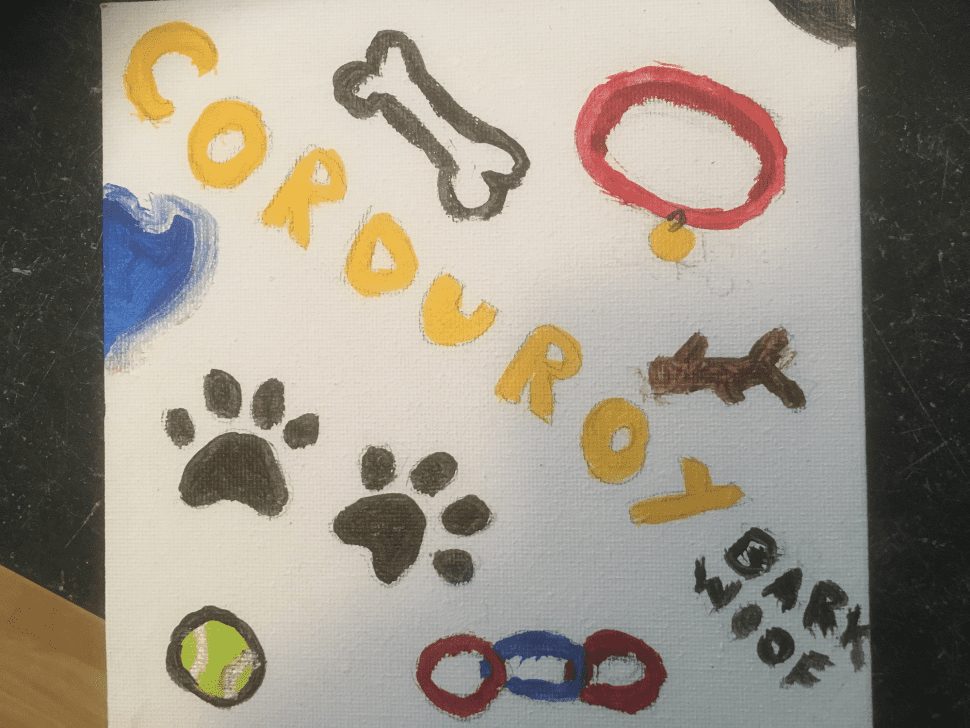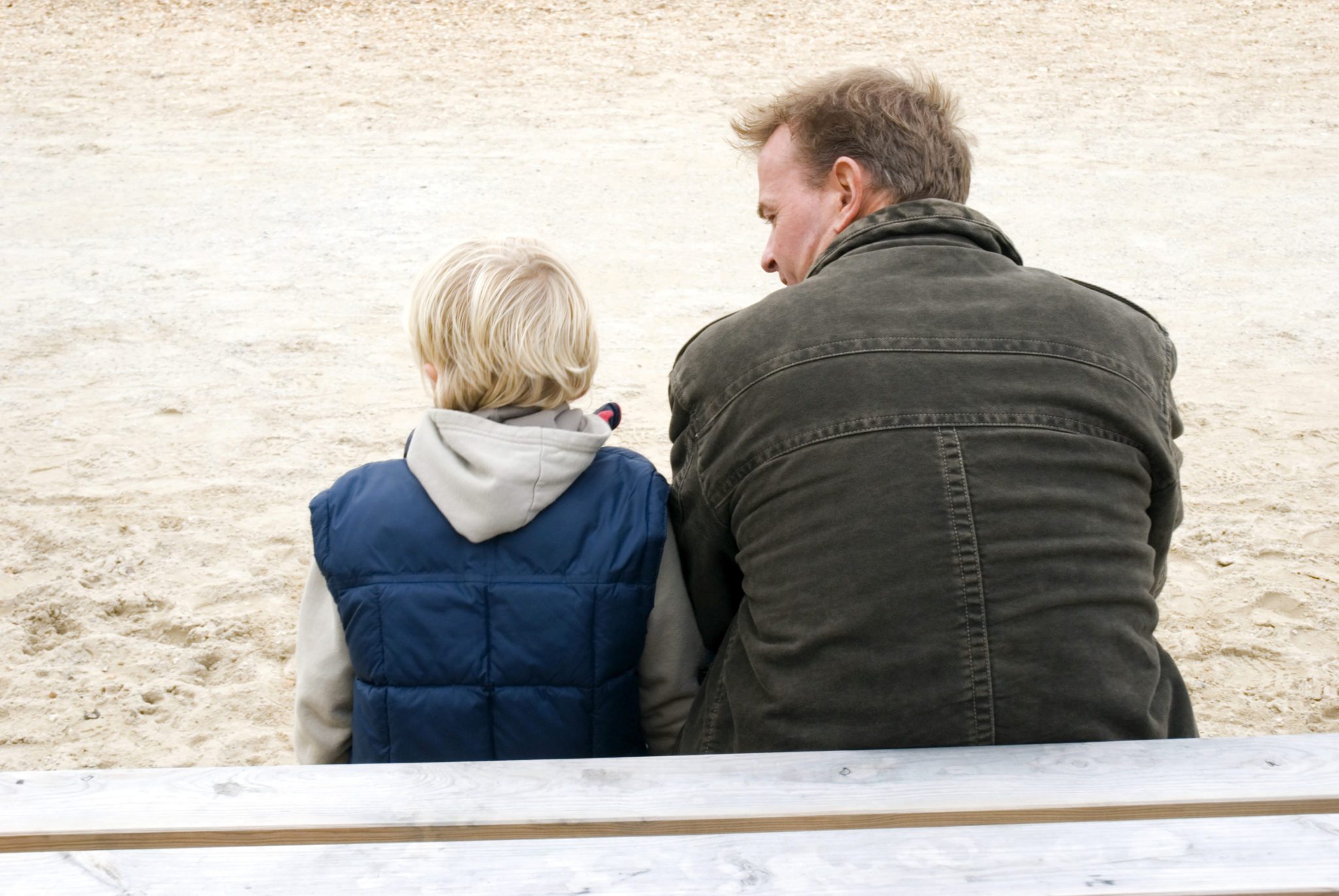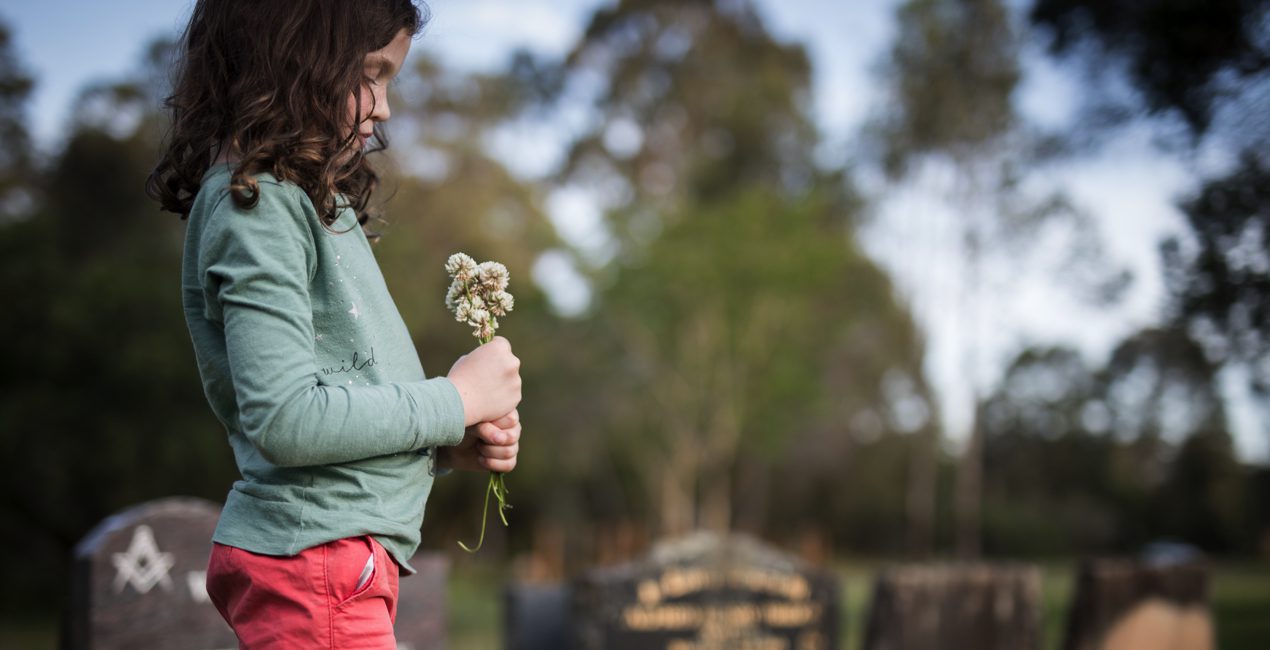Articles containing: grief
Teen Breakup Violence, Part 2: At-Risk Emotions – Shrinking It Down

Content Warning: Today’s episode is the second in a two-part series on teen relationship violence. It may be difficult for some of our listeners.
When we look underneath a young person’s anger, or shame, or grief, there is often a hidden need that’s not being met.
How to Help Young People Cope With Grief and Loss During COVID-19

Este artículo está disponible en español.
The novel coronavirus pandemic has posed a novel way of life for all of us. Beyond concerns about contagion, prevention, or slowing down its spread, and fears of illness and access to healthcare, one thing is clear.
Using the Power of Narrative to #StopSuicide

Increasing public awareness of suicide is not an easy task. To truly grapple with the issue, we have to face some difficult and painful feelings. For these reasons, when we at the Clay Center collaborated to tell the true story of a young sophomore at Harvard named Luke, who tragically took his own life, we decided to turn to film.
How to Manage, And Help Your Kids Cope, When The Family Dog Dies

My dog died.
Man, those are three tough words to write.
Tune in to a conversation with Dr. Schlozman and Dr. Beresin on helping kids cope with the death of a pet.
I feel both silly about and proud of how much it hurts.
Talking With Children About Suicide and Loss

Suicide is an unfortunate and unavoidable reality in the lives of children and youth. Whether it occurs with a family member, a schoolmate or peer, in the community, or in the media, the topic of suicide feels complicated and difficult to discuss with children.
When Your Dog Dies: Reflections On Losing Your Best Friend

Today we had to put down Toby.
He was a 15-year-old Australian Shepherd, and probably one of the best dogs we ever had. And we’ve had plenty.
It seems trite to say that losing a pet is like losing a member of the family. The fact is, though, it’s actually a gross understatement.





